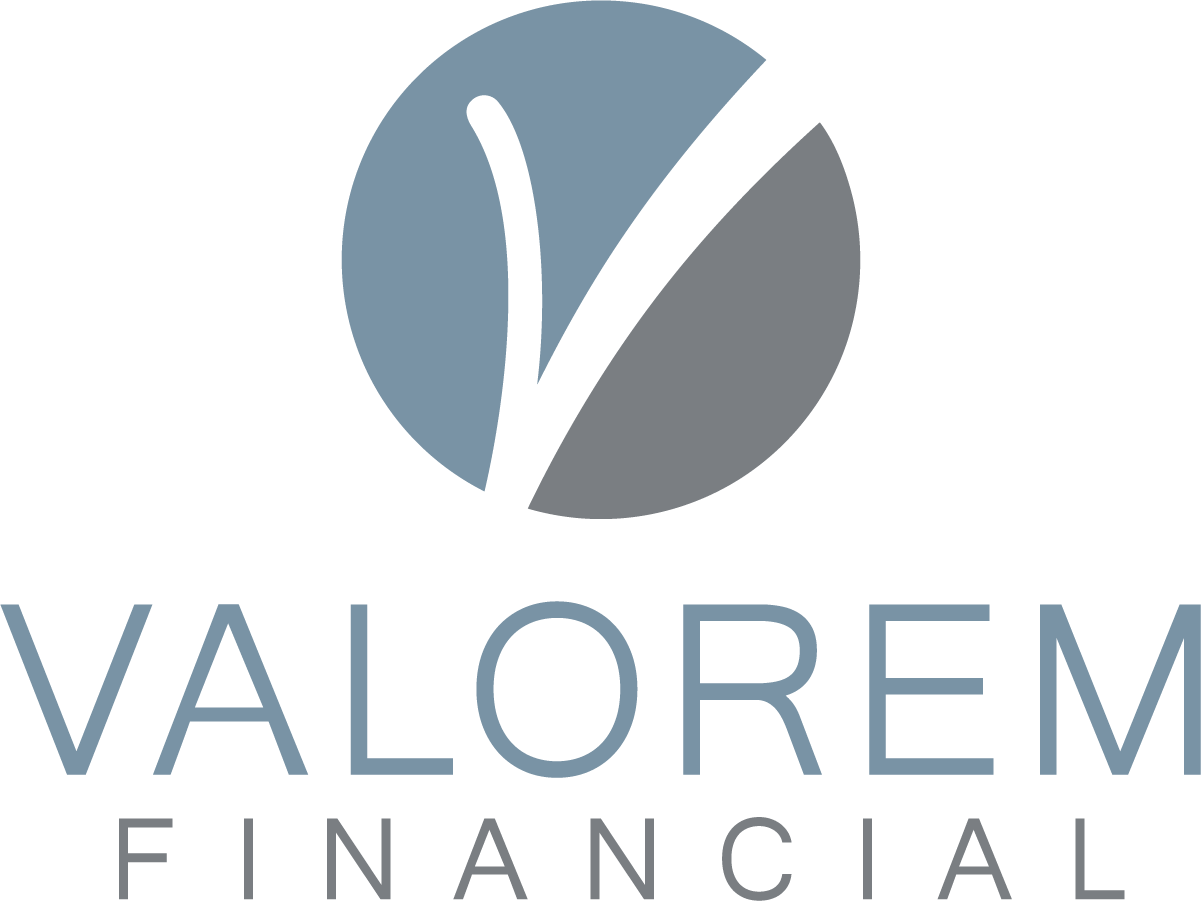Saving for retirement doesn’t happen overnight. It’s an ongoing process that requires monitoring and tweaking your plan over many years to help ensure you have enough to meet your retirement goals.
Sometimes relatively small adjustments to your plan can make a huge impact on your ability to save, such as choosing to invest in low-cost index funds or increasing retirement savings by just 1% per year. Here’s a closer look at three savings-boosting strategies you can implement.
-
Make a Minor Increase to Your Savings Rate
Boosting retirement savings doesn’t require major shifts in your contributions. In fact, small increases can have a big impact.
For example, let’s assume you receive a starting salary of $75,000 with a 3% raise every year. Your monthly contribution is 6% of your income with a 7% annual investment return. After one year, your balance would be around $8,225. But increasing your contribution by just one percentage point to 7% a month could boost your savings to $9,004 in the same year.
What’s more, many employers will allow you to automate your savings and divert a percentage of each paycheck to your retirement account. This can allow you to auto-escalate your savings, increasing your contribution rate by 1% each year or every time you receive a raise. These small increases can add up over time. In fact, one study found auto-escalations can increase retirement savings by 11% to 28%.
-
Extend Your Retirement Date
The longer you hold off on retiring, the more time you will have to save and take advantage of compounding returns. But you don’t need to push your retirement back much to gain significant benefits.
A study by the National Bureau of Economic Research found that a 66-year-old who works one additional year before retiring and drawing Social Security benefits could increase their retirement income by 7.75%.[1] Researchers also found that delaying retirement by three to six months has the same financial impact on retirement income as having contributed an additional percentage point of their salary to their retirement accounts for 30 years.
Let’s say you have $1,000,000 in your 401(k) and max out your contributions at $1,875 every month. At a 7% annual return rate compounding annually, you would gain an additional $92,500 after one more year of work and $191,475 after two years.
-
Use Low-Cost Index Funds
Actively managed mutual funds and index funds differ in a few key ways. Index funds invest in a specific list of securities tied to a particular index. On the other hand, actively managed mutual funds include a changing set of securities managed by a person or team who makes frequent trades to try to boost your returns. Investors pay higher fees to cover the administrative costs of active management, while index funds typically charge lower fees because they are passively managed and don’t require frequent trading.
The expense ratio, or operating costs of a fund, typically ranges from about 0.5% to 1.5% for mutual funds and about 0.2% to 0.5% for index funds. While these fees may seem small, they can potentially take a big bite out of your savings in the long run, compounding along with your investment returns.
For example, say you invested $100,000 in a fund with a 7% return rate, and you contribute $1,875 every month. At an expense ratio of 1%, you will pay about $219,260 in fees over 30 years. That number goes down to about $60,325 in fees at an expense ratio of 0.25%.
Planning for retirement doesn’t have to be all or nothing. Small changes can make a big difference. Work closely with your financial advisor to understand whether there are adjustments you can make to your plan that could help you maximize your savings in the future.
Sources:
The Power of Working Longer Gila Bronshtein, Jason Scott, John B. Shoven, and Sita N. Slavov NBER Working Paper No. 24226 January 2018 https://www.nber.org/system/files/working_papers/w24226/w24226.pdf
Working Longer Can Sharply Raise Retirement Income _ NBER. Laurent Belsie. https://www.nber.org/digest/may18/working-longer-can-sharply-raise-retirement-income
Compound Interest Calculator _ Investor.govhttps://www.investor.gov/financial-tools-calculators/calculators/compound-interest-calculator
The Expected Impact of Automatic Escalation of 401(k) Contributions on Retirement Income. Jack VanDerhei. Sep 12, 2017 https://www.ebri.org/content/the-expected-impact-of-automatic-escalation-of-401(k)-contributions-on-retirement-income-3844
Trends in the Expenses and Fees of Funds, March 2022 https://www.ici.org/system/files/2022-03/per28-02_2.pdf
Mutual Fund Calculator_ Find What Fees Will Cost You – NerdWallet. Voigt, Kevin. Jan 31, 2023. https://www.nerdwallet.com/article/investing/mutual-fund-calculator
Investor Bulletin_ How Fees and Expenses Affect Your Investment Portfolio https://www.sec.gov/investor/alerts/ib_fees_expenses.pdf
This piece is not intended to provide specific legal, tax, or other professional advice. For specific professional assistance, the services of an appropriate professional should be sought.
Information provided by Valorem Financial and written by Oechsli a non-affiliate of Cetera Advisor Networks, LLC and CWM, LLC
[1] National Bureau of Economic Research, “Working Longer Can Sharply Raise Retirement Income,” 2018.


